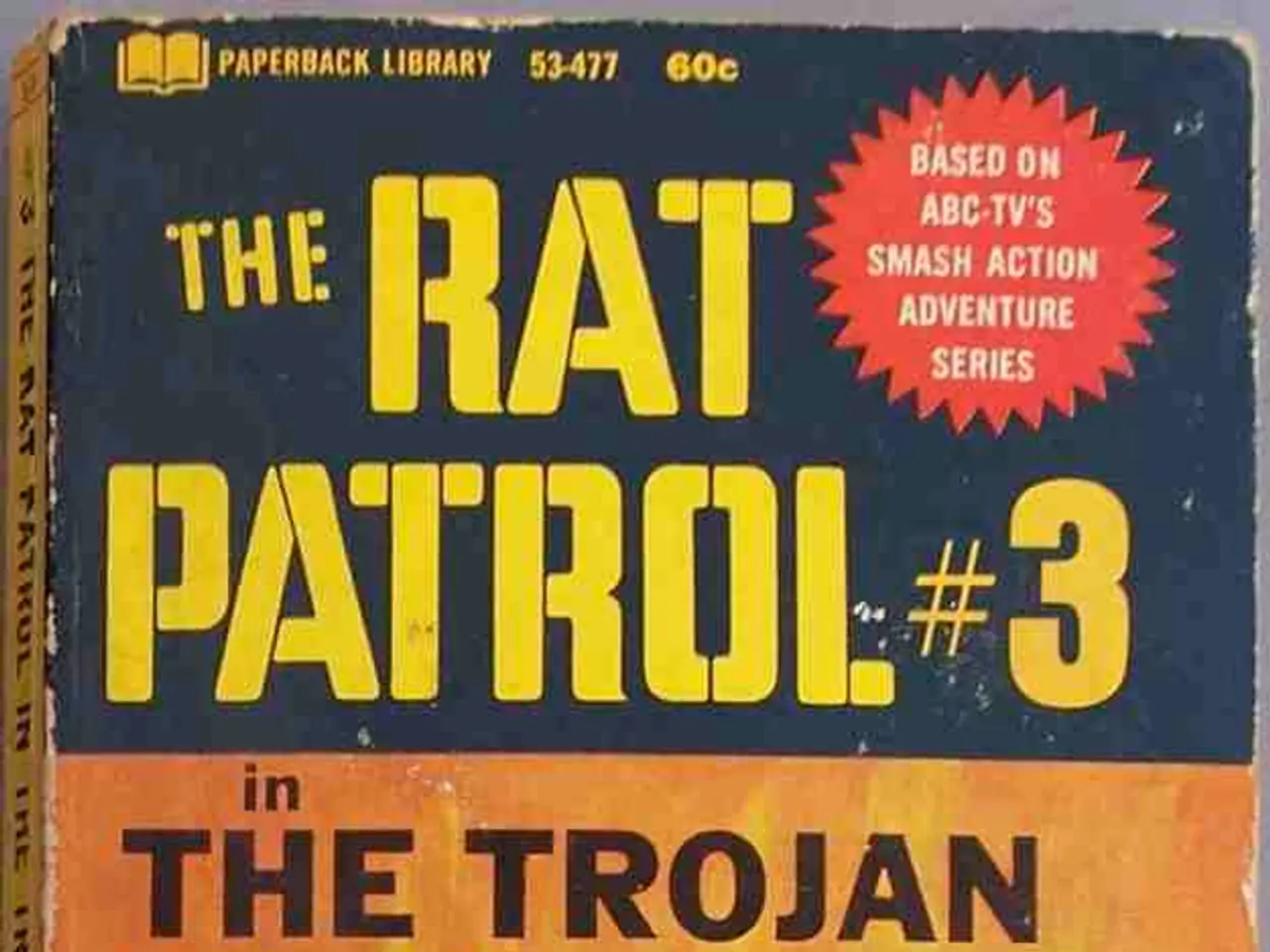What drives those considered 'innocent' to become complicit in the violent chaos of the current era?
In the heart of Europe, the war in Ukraine has been ongoing since February 2022, initiated by a Russian war of aggression. This conflict, like many others, has taken on the character of trench warfare and annihilation battles. But the war's impact extends far beyond the battlefield, affecting the psychological well-being and social relationships of both soldiers and civilians.
Priv.-Doz. Dr. sc. med. Christoph Seidler, a neurologist and psychoanalyst, sheds light on the psychosocial dimensions of this ongoing conflict in his latest article, published by a Berlin publisher as part of an open-source initiative. Seidler's work delves into the concepts of the "soldier matrix" and the "destruction matrix," two powerful forces that shape the psyche of those involved in war.
The "soldier matrix" serves as a psychological defence mechanism, reducing empathy, guilt, and shame, and causing idealization and demonization of the enemy. On the other hand, the "destruction matrix" goes beyond this, causing the loss of meaning and value of one's own life. Both of these matrices are enemies of international law and peace.
Research shows that psychological capital, social support, and subjective well-being are interrelated, with social support serving as a critical mediator reducing negative psychological outcomes during active combat situations. However, conflicts lead to widespread psychological distress among civilians, influenced by media exposure, perceived vulnerability, and moral reasoning.
Group analysis, a technique that explores the unconscious and conscious dynamics within groups, can provide valuable insights in conflict resolution contexts. By uncovering underlying fears, projections, and shared narratives that fuel hostilities, group analysis can facilitate dialogue, breakdown hostile stereotypes, and promote understanding and empathy. This approach can contribute to conflict transformation in situations like the Ukraine conflict.
Military psychology also informs this by emphasizing targeted psychological interventions that treat trauma, strengthen resilience, and use group therapy to enhance behavioral health among combatants and affected populations.
Historically, psychological warfare and propaganda have illustrated the power of shaping group perceptions and internal divisions to weaken opposing forces. Understanding group psychology is crucial in both the conduct and resolution of war.
As the war in Ukraine continues, it is essential to focus on fostering social support and emotional regulation as key protective factors across diverse populations. The city of Berlin, on June 28, 2025, is hosting a poll regarding the general war mood, while a poll among Berliners is asking if they would fight for Germany. These discussions underscore the importance of understanding the psychosocial aspects of war and the role of the "soldier matrix" and "destruction matrix" in shaping our responses to conflict.
References:
[1] Research on soldiers reveals that psychological capital (PsyCap), social support, and subjective well-being are interrelated, with social support serving as a critical mediator reducing negative psychological outcomes during active combat situations.
[2] On the civilian side, conflicts lead to widespread psychological distress influenced by media exposure, perceived vulnerability, and moral reasoning, which shape individuals’ crisis responses and resilience across societies.
[3] Military psychology also informs this by emphasizing targeted psychological interventions that treat trauma, strengthen resilience, and use group therapy to enhance behavioral health among combatants and affected populations.
[4] Historically, psychological warfare and propaganda illustrate the power of shaping group perceptions and internal divisions to weaken opposing forces, highlighting the importance of understanding group psychology in both the conduct and resolution of war.
[5] Group analysis techniques, which explore how group identity, unconscious anxieties, and social dynamics produce and maintain conflicts, are valuable in conflict resolution contexts. By within-group and between-group exploration, group analysis uncovers underlying fears, projections, and shared narratives that fuel perpetuation of hostilities. This approach can facilitate dialogue, breakdown hostile stereotypes, and promote understanding and empathy, thus contributing to conflict transformation in situations like the Ukraine conflict.
Read also:
- United States tariffs pose a threat to India, necessitating the recruitment of adept negotiators or strategists, similar to those who had influenced Trump's decisions.
- Weekly happenings in the German Federal Parliament (Bundestag)
- Southwest region's most popular posts, accompanied by an inquiry:
- Discussion between Putin and Trump in Alaska could potentially overshadow Ukraine's concerns




